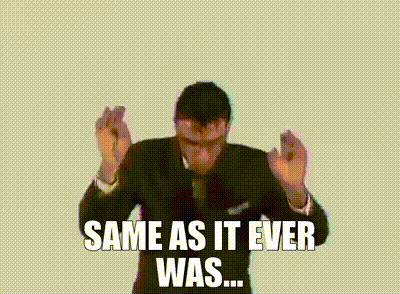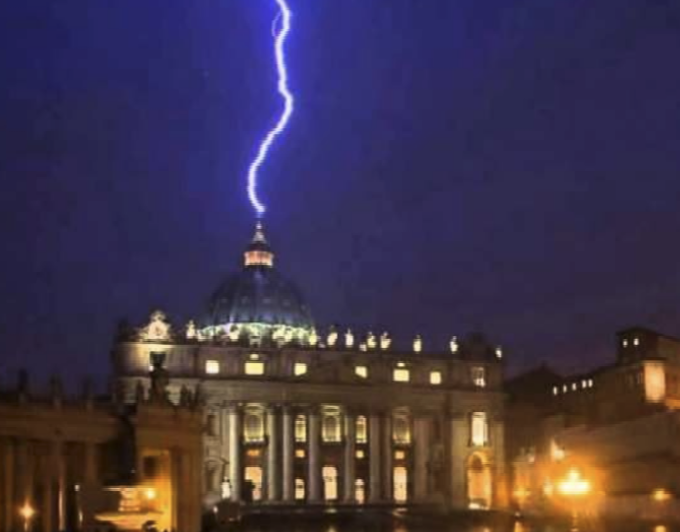Looking ahead at 2024, The Guy seems to recall hearing that there’s a U.S. presidential election going on.
If so, that will inspire ample chatter about the religion factor. There are important elections in other nations, including Taiwan last Saturday and probably Britain. Jews and their Christian allies will be closely monitoring the Israel-Hamas war.
All that said, it’s clear that debates about various angles of sexuality and gender will dominate the year’s religion news. Again.
Start with next October’s second and final session at the Vatican of Pope Francis’s Synod of Bishops concerning “Synodality,” a fuzzy buzzy word for enhancing members’ involvement in church life through a process behind closed doors.
Sidestepping synodality, Francis pre-empted his Synod with the December 18 go-ahead for Catholic priests to provide church blessings for same-sex couples plus those in as-yet-undefined “irregular” situations. Expect Catholics to agitate through the year against this historic innovation, especially in Africa (where bishops seem to believe that synodality may include listening to bishops in growing churches).
We can forget Synod action on female priests. But will there be concrete proposals to the Pope to enhance women’s church leadership otherwise, especially by ordaining them as deacons? If that includes altar duties, it will be a massive, historic change.
There’s a tiny possibility the Synod would issue a dramatic call to abolish the 885-year-old mandate that priests be celibate and unmarried (excluding Eastern Rite clergy and Protestants who convert). Or not. Did the influential adjunct secretary at the Vatican’s agency on doctrine, Archbishop Charles Scicluna, issue a Synod signal January 7?










